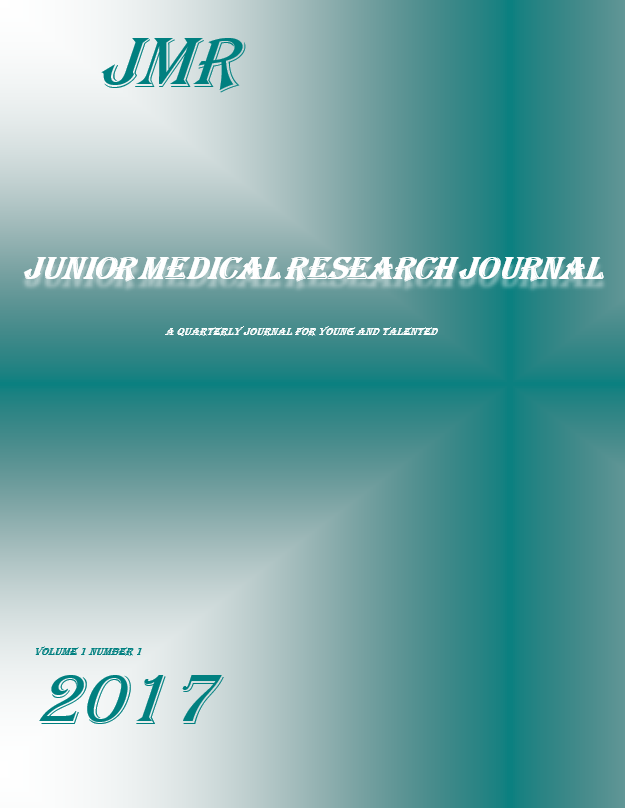Mini Review
The place of digital devices and artificial intelligence in cardiac arrhythmia management: new advances, practical guides and promising prospects.
Summary
Technology rules the world and is ruled by humans. The question of how developing digital devices and wearable technologies influence on physicians’ clinical decision-making in the field of diagnosis and management of arrhythmias is always relevant as it has major potential clinical implications.
Electrocardiogram (ECG)-and photoplethysmography (PPG)-based devices are widely used to evaluate heart rhythm. Meanwhile, AI-enabled digital devices can be of aid in an integrated approach of early detection and monitoring of atrial fibrillation (AF), long QT syndrome (LQTS), as well as QTc-related adverse drug events. Future prospects of digital technology such as contactless rhythm monitoring for mass AF screening in ambulatory setting and detection of cardiac arrest are considered to be a breakthrough in the field of e-Cardiology.
Keywords: digital device, arrhythmia, atrial fibrillation, artificial intelligence




